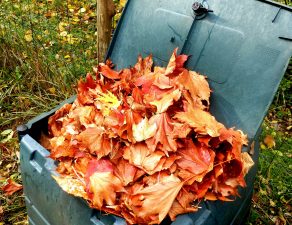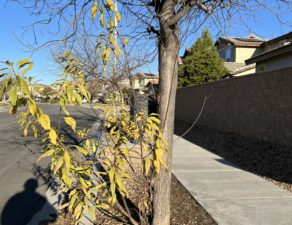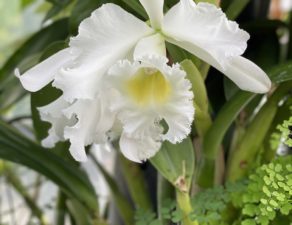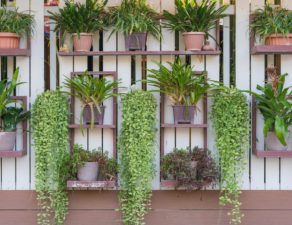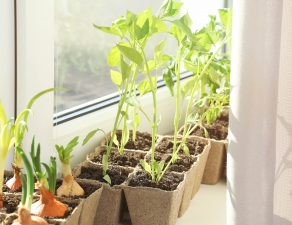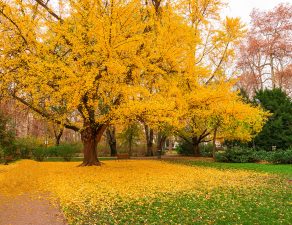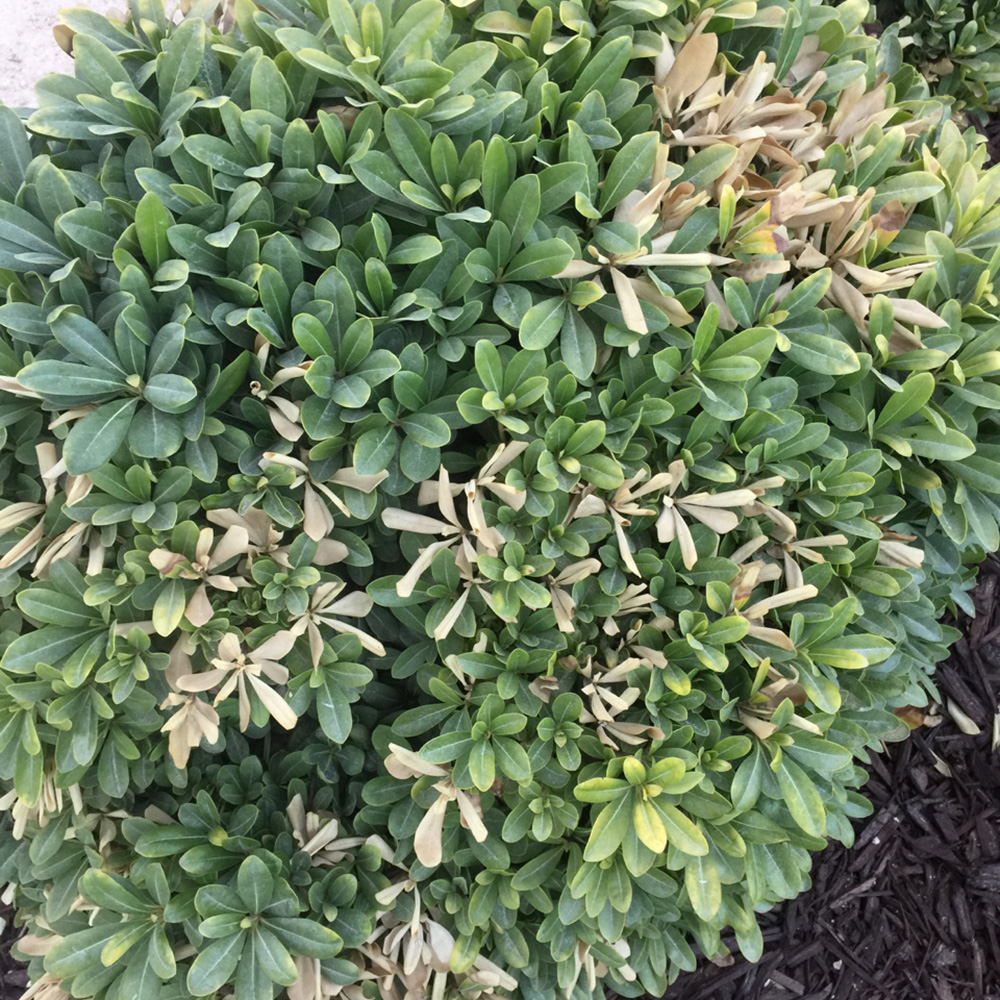
For most gardeners, summer is an exciting time of year. Many of your favorite flowers are blooming, and vegetable crops begin to produce. On the other hand, summer can provide perfect examples of “too much of a good thing”. When heat waves strike, your plants can suffer or even die. These tips will help you protect your garden during this summer’s inevitable heat waves.
Pay attention to your soil. When the top few inches of soil begin to dry and harden, the plants most at risk will be those with shallow roots. However, since any plant can be damaged in a heat wave, follow these tips for the entire garden.
Mulch, mulch, mulch! Mulch is your primary line of defense during a heat wave. It will help your soil retain moisture and reduce the need for watering. Light-colored mulches reflect sunlight and can keep your soil a bit cooler, but you can use any type that is appropriate for your plants’ needs.
Water in the morning. Just like you, your plants can quickly become dehydrated in hot weather. Even with mulching, you will need to water your garden frequently during a heat wave. Do this in the morning to prevent evaporation and heat scald, which can damage leaves. Young seedlings may need a second watering late in the day. Consider using a soaker hose, which delivers water to the ground and spares the leaves from excess moisture.
Consider a shade cloth. You might need to provide shade to more sensitive plants during a heat wave. Shade cloths can serve this purpose, but take care not to reduce aeration. Positioning the cloth on one side of your plants, or straight above them, will suffice.
Take care with transplants. Young plants are most susceptible to extreme heat. You might choose to delay transplanting until the heat wave has subsided. Or, you can proceed with your plans while paying special attention to seedlings. Planting them next to more mature plants can give them the shade they need to survive.
Protect your lawn, too. Don’t cut your grass below three inches during a heat wave, as the height will provide shade for the soil. Avoid fertilizing your lawn during the hottest part of the summer, since the roots won’t be able to adequately absorb their food.
Finally, remember to take care of yourself! Stay out of the sun during the hottest part of the day, wear breathable clothing, and keep yourself hydrated. Healthy gardeners are better able to tend their gardens!

